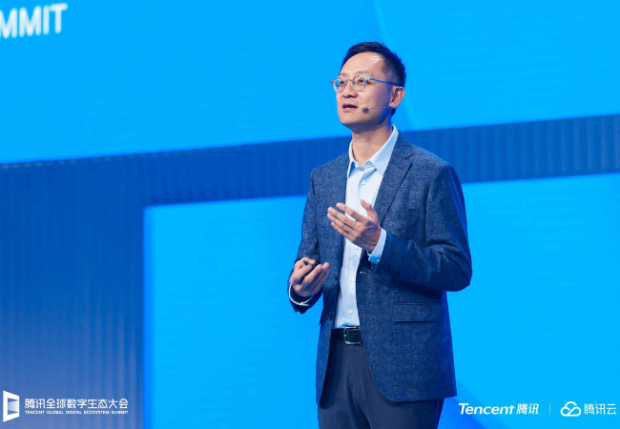

SHENZHEN, CHINA – The Tencent Global Digital Ecosystem Summit unveiled Tencent’s latest innovations in cloud and artificial intelligence.
Tencent is one of the world’s largest technology companies and video game providers, best known for the WeChat app and the game “Call of Duty: Mobile.”
READ: China summons tech giants over internet security issues
The article continues after this advertisement
The event took place at the Shenzen World Exhibition & Convention Center from September 5 to 6, 2024.
The company has launched several products to support its partners’ AI and digitalization goals. Among them is “AI Infra” (腾讯云智算), which optimizes infrastructure to improve the development and training of AI models.
The company also unveiled “Tencent Hunyuan Turbo” (“腾讯混元Turbo”), a model service based on the Mixture of Experts (MoE) architecture.
The article continues after this advertisement
This AI tool doubled training efficiency and reduced inference costs by 50%.
Today, Tencent Cloud’s AI coding assistant runs on the Hunyuan fundamental model.
More than half of the company’s programmers use it to improve their productivity by 40%.
Additionally, the Tencent Meeting program has gained new features such as smart recording, multilingual translation and an AI assistant.
Tencent Cloud is also increasing its investments and resources to collaborate with its customers as part of its mission to “Innovate, Connect and Globalize.”
Tencent Cloud International has unveiled its Palm verification technology for the overseas market.
Therefore, this will drive wider adoption of secure, AI-based identity authentication.
Poshu Yeung, senior vice president of Tencent Cloud International, noted that many companies around the world have tested the technology.
Among these companies is Indonesia’s largest mobile internet provider, Telkomsel.
Additionally, it unveiled other AI products such as Knowledge Engine Platform, Digital Human, e-KYC and others.
The company achieved double-digit growth in the international market due to demand for its unique ecosystem capabilities.
It has also established a global network of nine technical support centers across nine countries to better serve its global partners.
These include Indonesia, Malaysia, Singapore, Thailand, Japan, South Korea, Germany, the United States and the Philippines.


